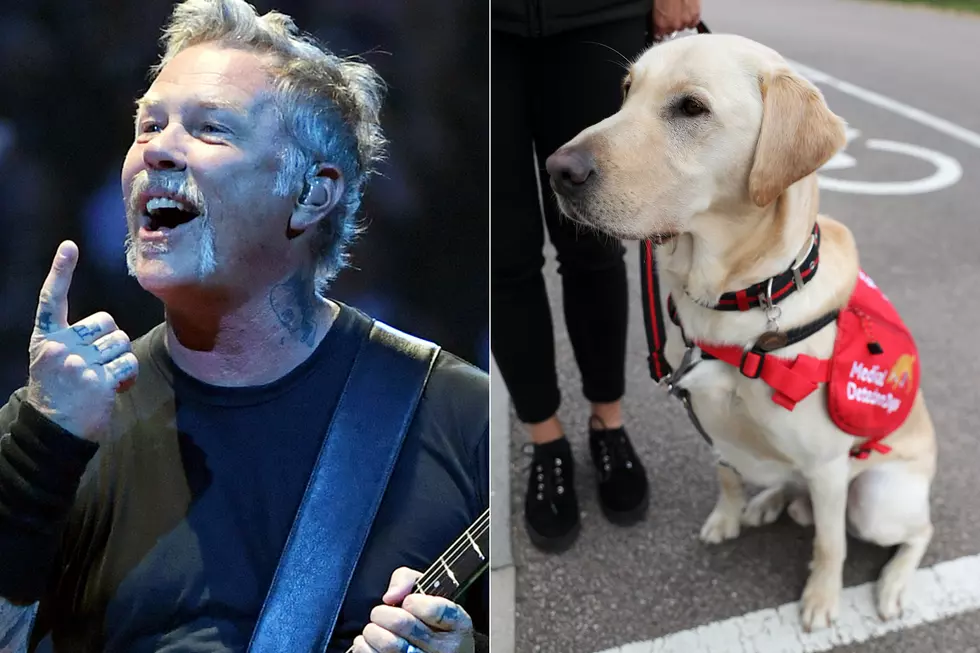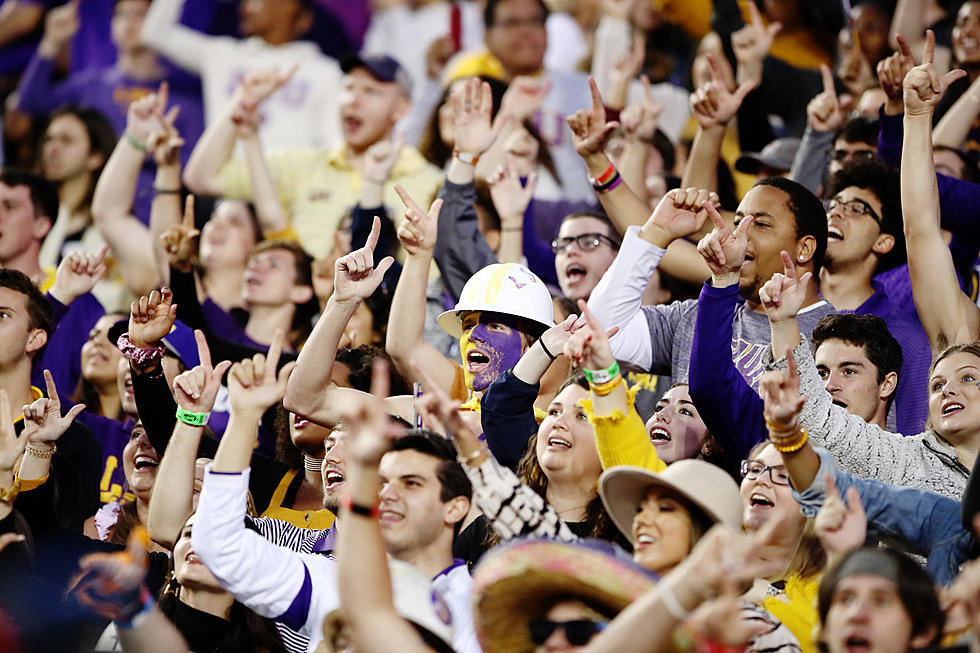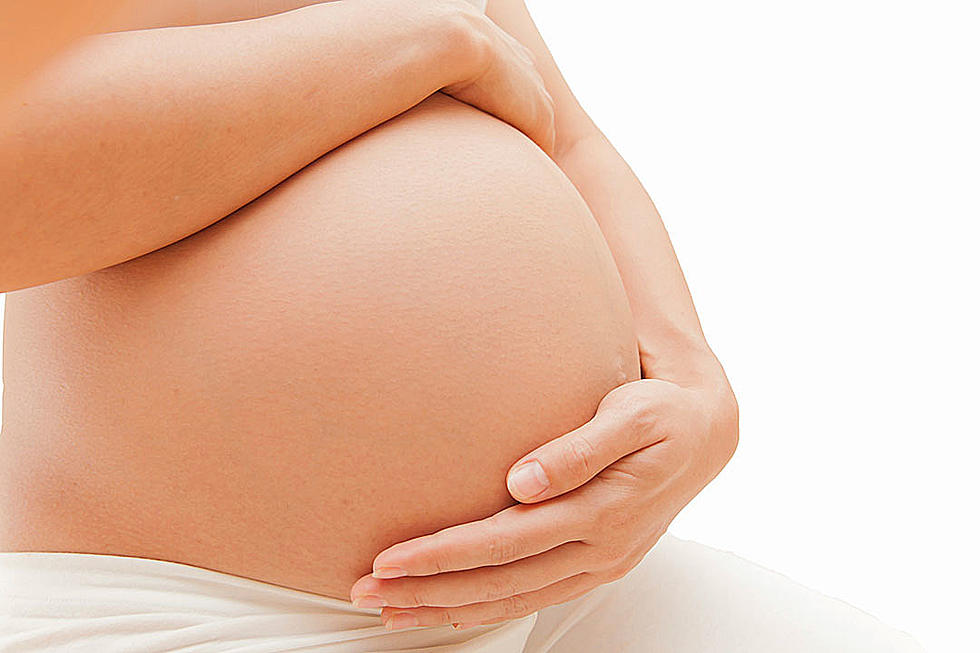
Bands Recruit COVID-Sniffing Dogs to Detect Virus on Tours
As the COVID-19 pandemic continues into its third year, a new technique has arisen for detecting positive cases at large-scale tours and concerts — and it comes on all fours.
In an effort to keep their tours from shutting down, musicians have taken to recruiting trained dogs that can sniff out the coronavirus in crew members, or anyone else with backstage access.
“People say, ‘What’s that dog doing?'” Jerry Johnson, CEO of Bio Detection K9 Incorporated, which oversees the training program that outsources the dogs, recently told Rolling Stone. He explained that after about six weeks of training, the dogs learn to sit down when they detect the virus on someone's hands or feet. “It surprises them and they’re pessimistic, but if you understand the instincts of a dog’s behavior, it makes a lot of sense. Dogs sniff each other to see if that other dog has a virus. We’re training them to look for something they’d be interested in anyway.”
With the current surge in positive cases, and bands seeking to avoid canceling tours once they've already begun, the dogs are in high demand. Metallica used dogs for their 2021 fall shows in Fort Lauderdale and Atlanta, and also at their 40th anniversary gigs last month in San Francisco. Various acts plan to follow suit, including Tool and country singer Ashley McBryde.
The success of the dogs' training has been proven. Last fall, on an Eric Church tour, several crew members who thought they were negative, were actually found to be positive via the dog's detection. “So far, knock on wood, the dogs have been knocking it out of the park,” John Peets of Q Prime, the management company that represents Church and Metallica, said to Rolling Stone. “We haven’t had a dog miss anybody. Dogs are more accurate than the tests.”
Currently, 12 dogs are in service, with another seven or eight in training, and the program has now been tweaked so that dogs can detect the highly transmissible Omicron variant by sniffing an individual's mask and not their hands or feet. And not only are the dogs proving more effective than the usual testing policies, they're cheaper too, around $2 a person according to Johnson, and, as Peets notes, "friendlier.”
2022 Classic Rock Tour and Festival Preview
More From News Radio 710 KEEL










